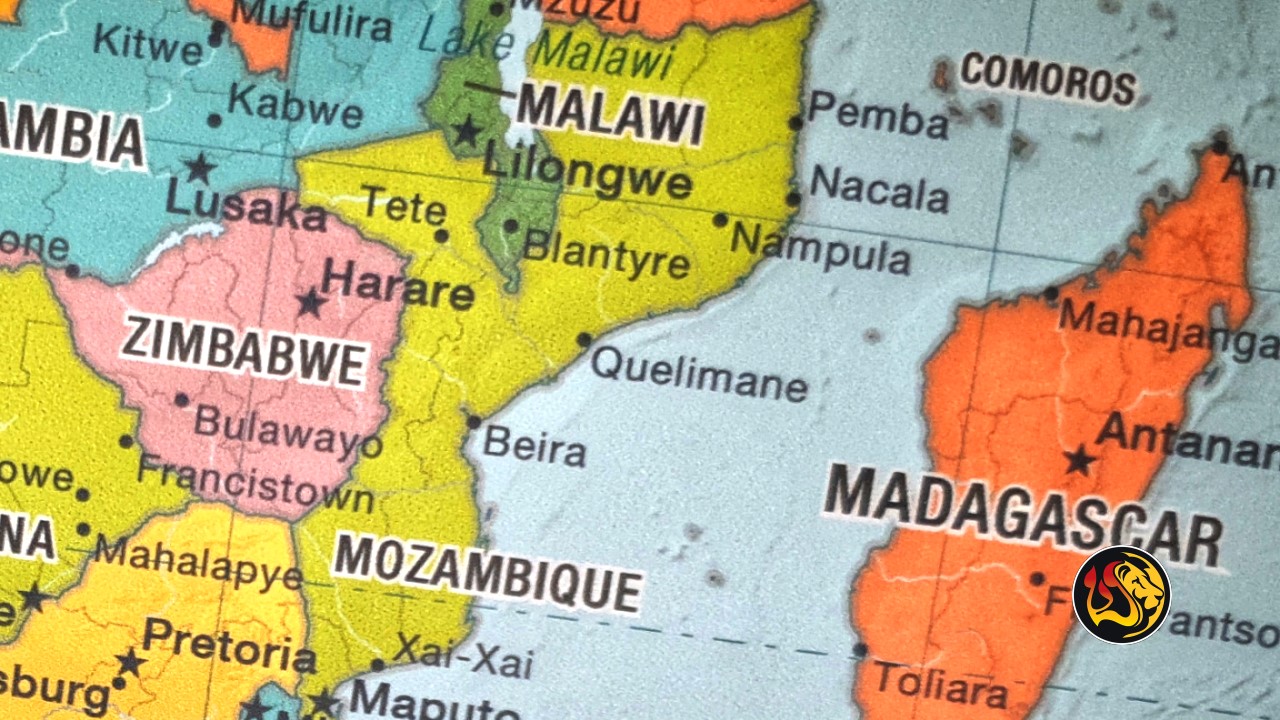By Stefan J. Bos, Chief International Correspondent Worthy News
(Worthy News) - Hundreds of thousands of people, including Christians, have fled ongoing deadly Islamist attacks shaking parts of Mozambique, and many face starvation, Christian aid workers, told Worthy News.
Christians, moderate Muslims, and others reportedly escaped mass killings by militants in the African nation’s northernmost Cabo Delgado province. Known as the “land of fear,” the region is a Muslim-majority area where Islamists reportedly launched at least 769 attacks since 2017, killing over 2,500 people.
“Half a million Mozambicans have fled their homes,” explained Barnabas Fund, a Christian aid and advocacy group working in the region. They try “to escape the violence, which peaked in the last months of 2020,” Barnabas Fund confirmed to Worthy News.
An organization calling itself Islamic State Central Africa Province (ISCAP), affiliated with the Islamic State group, has claimed some of the attacks in the natural gas-rich region.
The militants are known locally as al-Shabaab (“the youth”), although they have no known links to the extremist group of that name operating in Somalia.
Militants have stepped up attacks as part of a campaign to establish an Islamist caliphate in the gas-rich region, according to aid workers and journalists.
BEHEADINGS REPORTED
“The group’s hallmark is beheading and cutting their victims into pieces. Their targets are Christians, moderate Muslims, the government, and anyone else who rejects the jihadists’ ideology,” Barnabas Fund added.
Christian aid workers cited horrific examples of suffering and targeted killings, including “two little boys and an adult hanged on the same tree.” That was “probably a family, who died together at the hands of one of the most savage terrorist groups currently operating in our world,” Barnabas Fund said. “Perhaps the little family in the tree should be counted fortunate they were not chopped up.”
However, “In life, this little family were so poor that the older brother, aged about five, has several holes in his worn-out shorts,” Barnabas Fund stressed. “In death, they do not have even the dignity of a grave but are left dangling among the branches.”
Among earlier single atrocities in 2020, Islamist militants killed around 52 people in an attack in Xitaxi in Muidumbe district after locals refused to be recruited to its ranks, authorities said. Police claimed most were either shot dead or beheaded.
Yet, Barnabas Fund said last month saw fewer attacks, “perhaps because the insurgents were beginning to exhaust their supplies of stolen ammunition.”
Many of the displaced are crammed onto a beach in Pemba, the provincial capital, living in makeshift shelters and begging for food from passers-by, according to several witnesses.
MALNOURISHED REFUGEES
“They are malnourished; malaria and cholera are spreading amongst them. And the children are severely traumatized by the brutal violence they have witnessed,” Barnabas Fund noted.
“Back in the rural areas from which they fled, their homes have been burned; their farms are left untended. A third of the health facilities are damaged or destroyed. And no one knows how many of the remaining civilian population perished last month when the insurgents used them as human shields against a government offensive,” the group verified.
That incident added to the many people facing food shortages in Mozambique, one of Africa’s most impoverished nations, according to Christians familiar with the situation.
“Until the beginning of this year, food was arriving from Tanzania by boat, through the mangrove swamps. Then, the jihadists cut the supply lines, bringing the real possibility of starvation,” Barnabas Fund warned.
It urged its Christian donors to help finance assistance. “Our local project partners can get food to our hungry brothers and sisters.”
Aid workers say the situation is underreported as foreign journalists are banned, and local ones have been intimidated, with two held for months in a military prison.
“PERFECT STORM”
Already battered by storms and cyclones and struggling with a coronavirus pandemic, the United Nations has called the violence in Mozambique “a perfect storm of instability.”
The violence has undermined economic efforts by Filipe Nyusi, who was sworn in as president in January 2015 and was inaugurated for a final five-year term in 2020.
During his election campaign, Nyusi pledged to boost the economy as profitable gas fields were discovered in 2011 off Mozambique's coast.
However, the Islamist insurgency in the far north has raised questions about the state's ability to guarantee the security needed and turn this nation of 30 million towards more prosperity.
Despite recent economic growth, more than half of Mozambique's 24 million people continue to live below the poverty line, according to official estimates.

